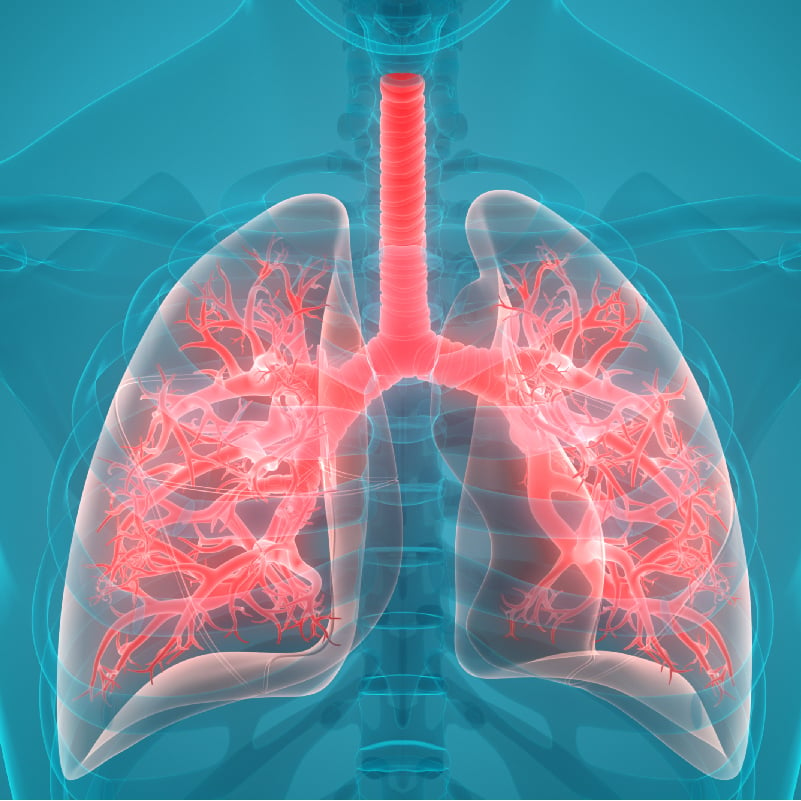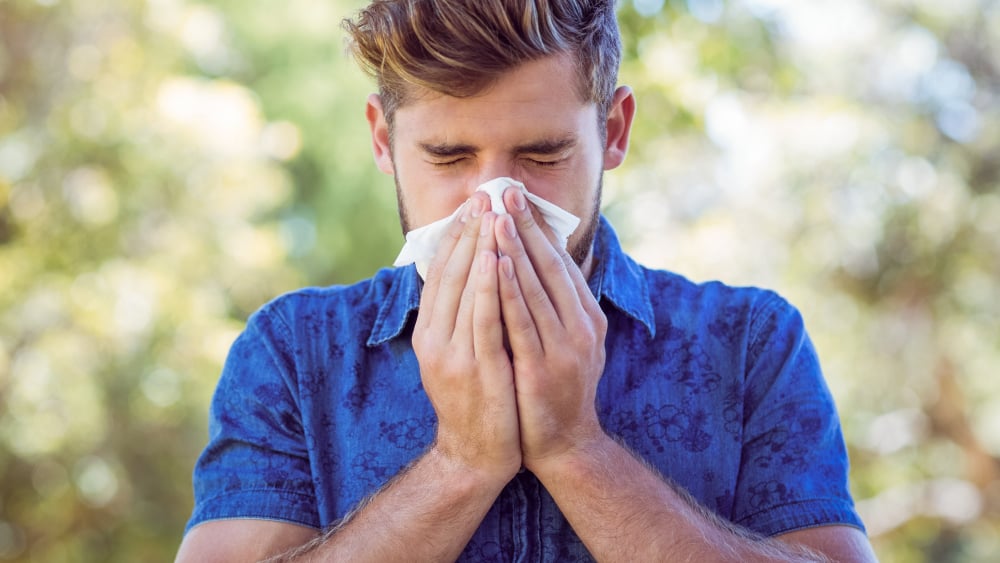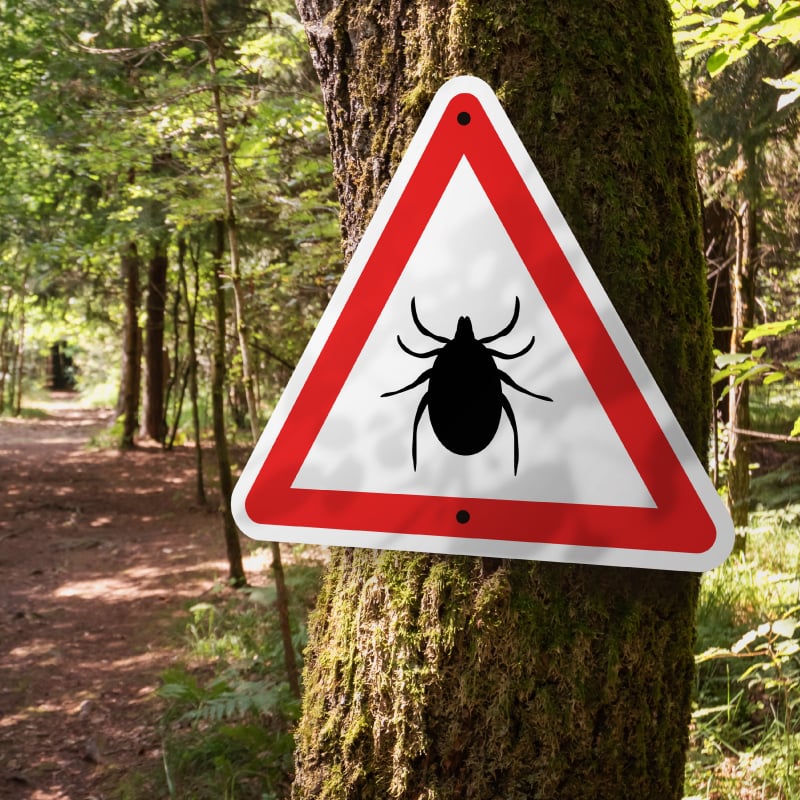Key Takeaways
- Allergies are a common trigger for those with asthma, especially in the spring and fall when more tree and weed pollen is in the air.
- Asthma is triggered by inflamed airways, leading to difficulty breathing, coughing, and wheezing.
- Monitor pollen counts, use over-the-counter medications, and try immunotherapy to manage allergy symptoms.
Buds are starting to grow, birds are back to singing, and greenery is making its return. The spring season is a beautiful one – but unfortunately, it also brings with allergens with it.
Shahzad Mustafa, MD, is an allergist with Rochester Regional Health and shares advice on how to keep on top of those allergens that may trigger allergies and asthma.
Asthma and allergies
Asthma is a chronic lung disease that affects an individual’s ability to move air in and out of their lungs easily. This can affect anyone at any age, from toddlers to the elderly. More than 26 million Americans are living with asthma, according to the American Lung Association.
Allergies are a common trigger for individuals who have asthma. This is especially true during spring and fall, with increased tree and weed pollen in the air, respectively.
When spring allergies kick in, they can lead to inflammation in the airway, leading to symptoms of difficult breathing, coughing, and wheezing.
“While allergies can be frustrating, we have simple and effective treatments to manage symptoms and minimize impact on daily quality of life,” Dr. Mustafa said.
Reducing the risk of allergies affecting asthma
There are a number of small steps you can take to decrease both symptoms of allergy and potential impact on asthma.
Monitor pollen counts: Pollen counts are routinely reported for the Rochester area. Most meteorologists keep track of pollen counts for their local television stations. These counts will often include the most common allergens, such as:
- Tree pollen (spring)
- Grass pollen (summer)
- Weed pollen (fall)
You can find those updated daily online or on their weather apps.
Use medications: There are many safe and effective medications to treat symptoms of allergies. Please ask your health care provider if medications would be appropriate for you. If you begin taking medication, whether it’s prescribed or over-the-counter, use it as directed.
For pills or tablets, read the instructions and directions on the packaging. If you require an inhaler or other methods of quick relief, keep them close to you in case of a flare up. Medications for allergies include antihistamine pills and nasal steroids, both of which are available over-the-counter without a prescription. Inhalers for asthma can be prescribed by your health care provider.
Use of immunotherapy: For some individuals with allergies, allergy shots, or immunotherapy, may be the best option. With immunotherapy, allergists can desensitize individuals to their allergens. This can be done with allergy shots or with FDA-approved under the tongue tablets.









